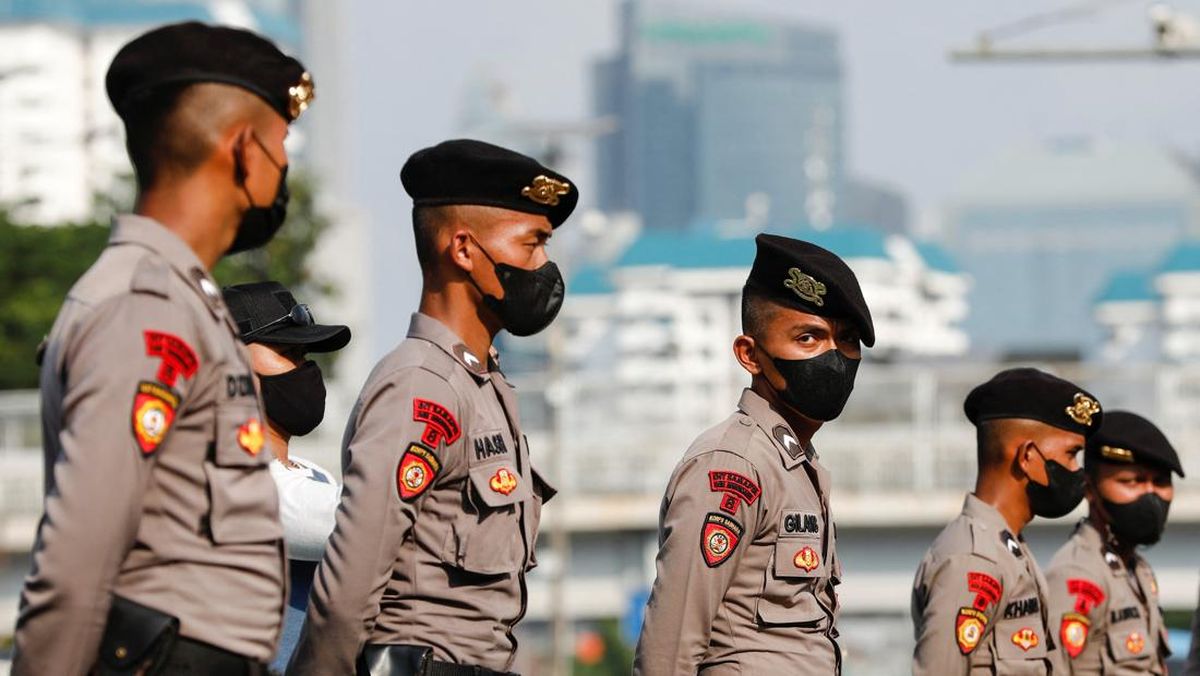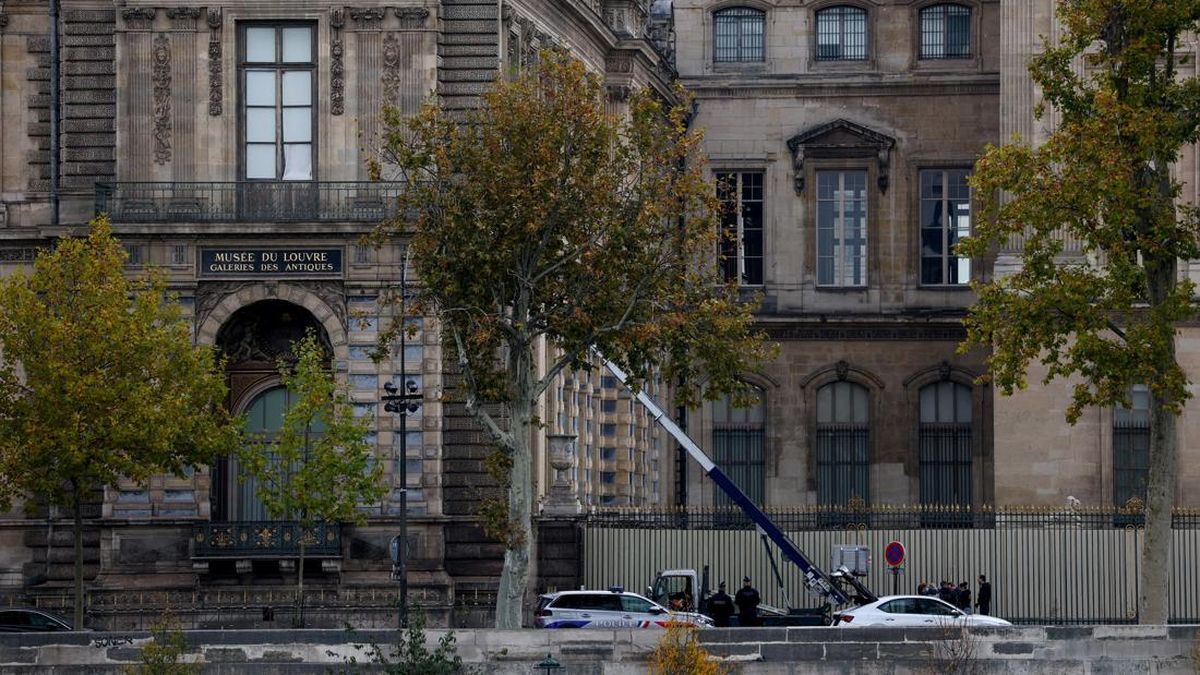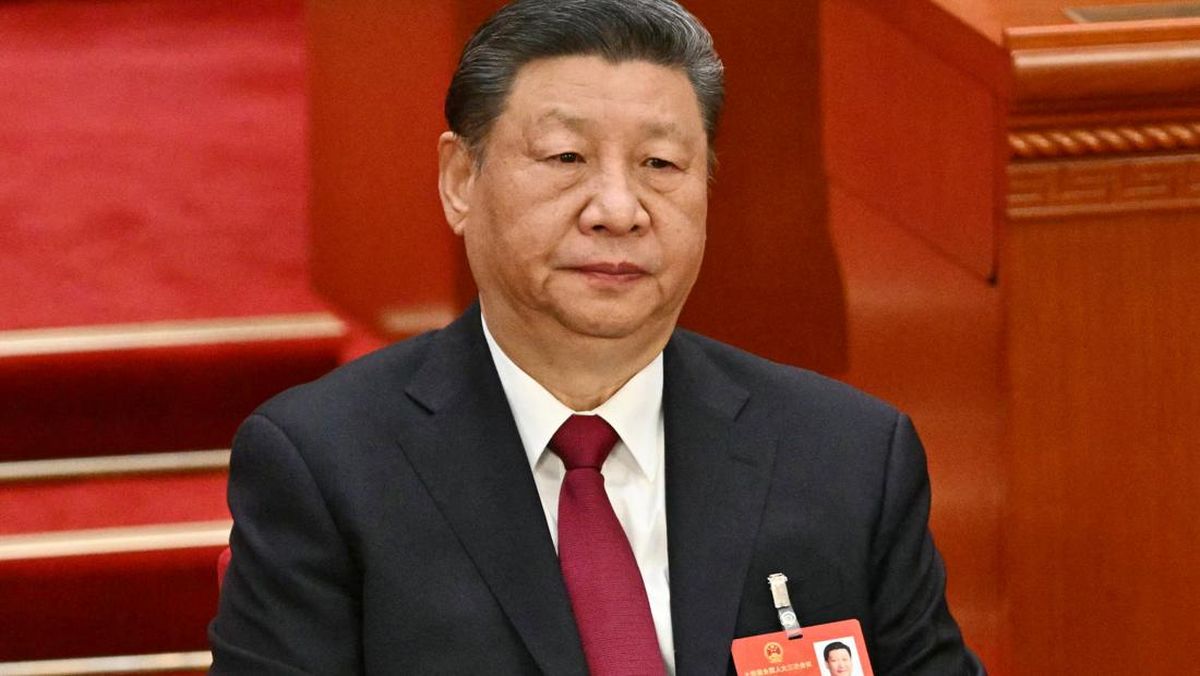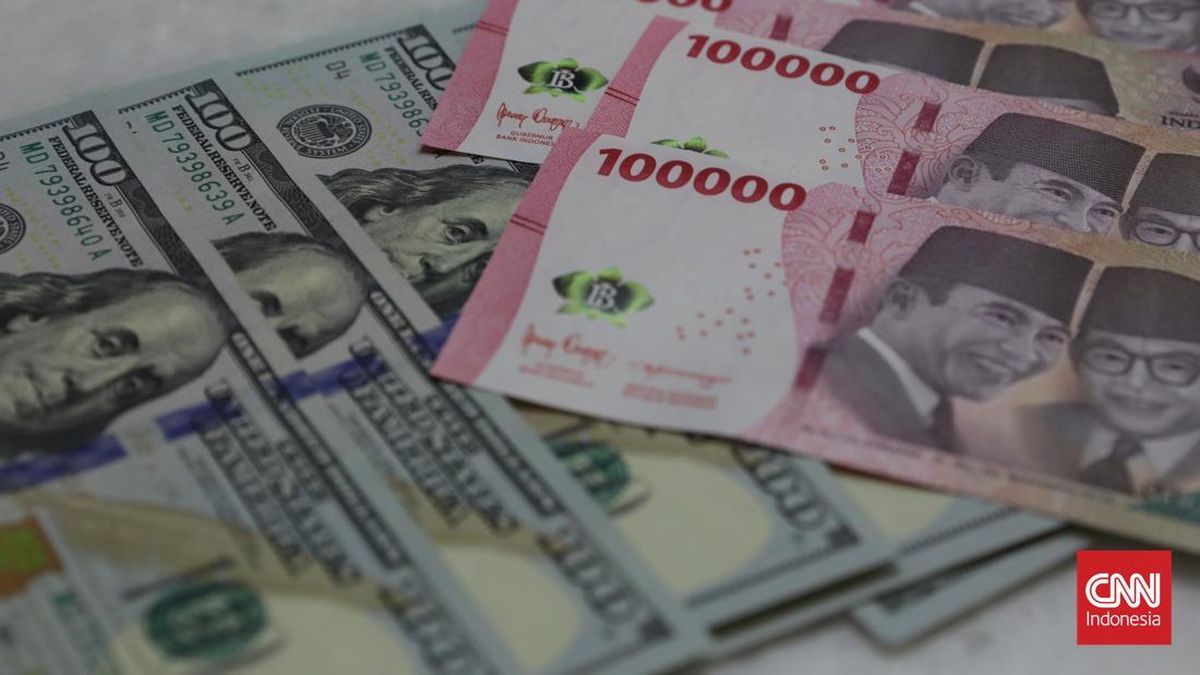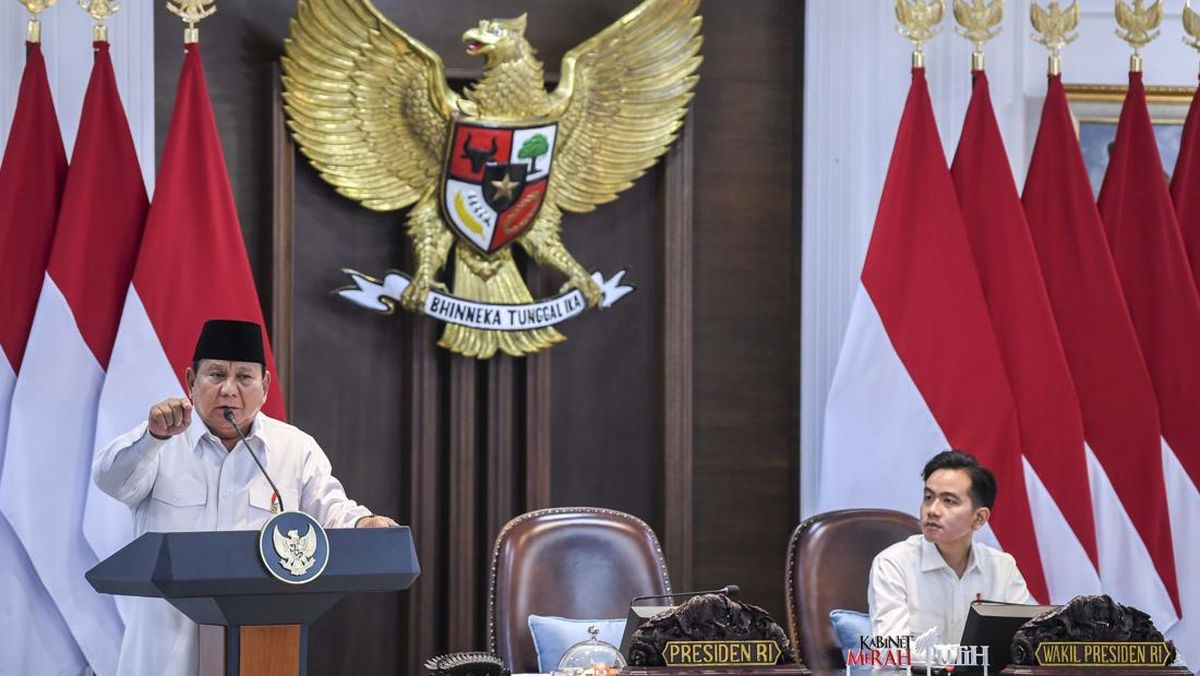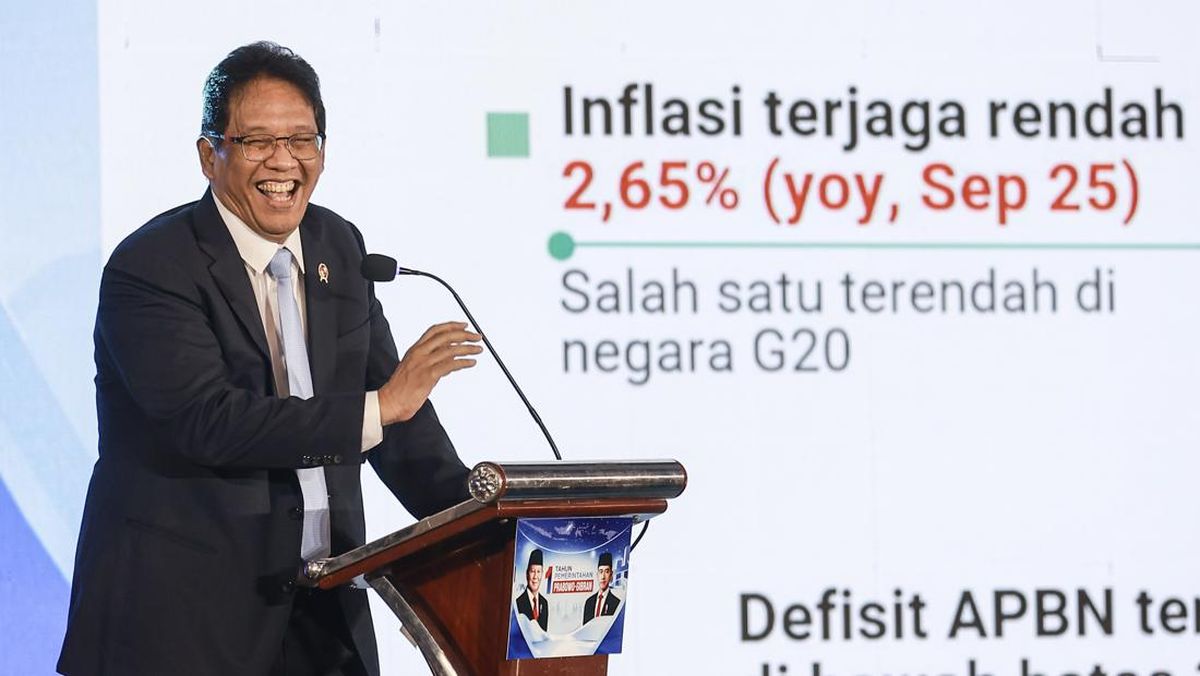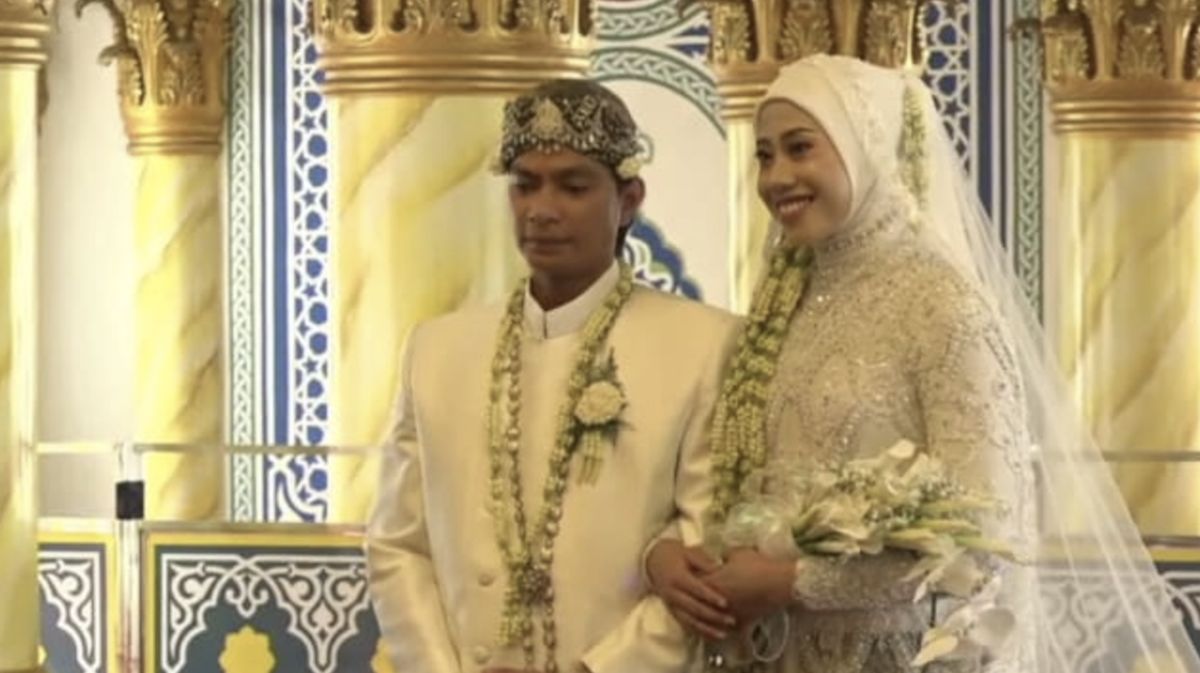Erez Reuveni, a fired Department of Justice lawyer who's now blowing the whistle, says he witnessed a disregard of due process and for the rule of law at the DOJ.
Reuveni previously won commendations for his work and was so effective defending President Trump's first-term immigration policy that he was promoted quickly in Mr. Trump's second term. But he says he was put on leave and then fired after refusing to sign a brief in the mistaken deportation case of Kilmar Abrego Garcia. Reuveni's whistleblower disclosure helped highlight a growing concern in many courts across the country that the Justice Department is allegedly abusing the limits of the law.
"I took an oath to uphold and defend the Constitution. And my view of that oath is that I need to speak up and draw attention to what has happened to the department, what is happening to the rule of law," Reuveni said. "I would not be faithfully abiding by my oath if I stayed silent right now."
From devoted DOJ lawyer to shock over orders
Reuveni says he knew he wanted to be involved in public service before he started law school. He started at the Department of Justice in 2010 and was there for 15 years defending the policies of several presidents, regardless of political party. Reuveni specialized in immigration law and, during Mr. Trump's first term, he defended the controversial ban on travelers from predominantly Muslim countries, among many other cases.
"I defended everything they put on my plate. That was my job," he said.
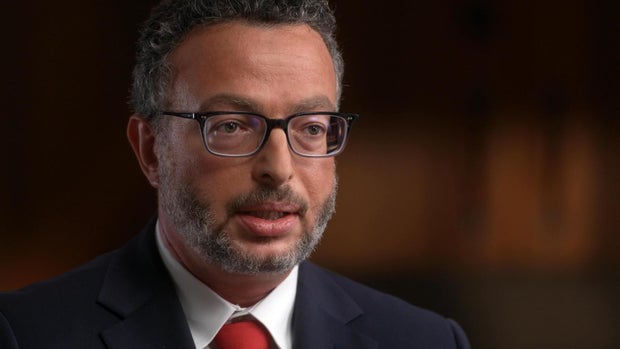 Erez Reuveni
60 Minutes
Erez Reuveni
60 Minutes
Shortly after Mr. Trump's return to office, Reuveni was selected to be the acting deputy director of the Department of Justice's immigration section, overseeing about a hundred attorneys and every case that arose in the federal district courts.
On March 14, the same day he found out about his promotion, Reuveni and others were called to a meeting with Emil Bove, number three at the Justice Department. Bove was also once Mr. Trump's criminal defense attorney.
According to Reuveni, they were told the president would be invoking the Alien Enemies Act, a law not invoked since World War II, to allow rapid expulsion of citizens of enemy nations during a time of war. Without a declared war, the administration used it for a mass deportation of more than 100 Venezuelans the government said were terrorists.
The Venezuelans were to be denied the right to be heard by a judge and Reuveni said Bove expected a challenge.
"Bove emphasized, those planes need to take off, no matter what," Reuveni said. "Then after a pause, he also told all in attendance, and if some court should issue an order preventing that, we may have to consider telling that court, 'f*** you.'"
Reuveni says he was shocked.
"I felt like a bomb had gone off," he said. "Here is the number three official using expletives to tell career attorneys that we might just have to consider disregarding federal court orders."
"A real gut punch"
The next day, a Saturday, lawyers for some of the prisoners sued. Chief Judge James Boasberg of the U.S. District Court for the District of Columbia called a hearing and asked government lawyer Drew Ensign whether the planes were leaving that weekend.
Ensign told Boasberg he didn't know whether the planes were leaving that weekend, even though Reuveni says he was at the same meeting where they were told the planes would be taking off over the weekend, no matter what. Reuveni said that moment in court was "stunning."
"It is the highest, most egregious violation of a lawyer's code of ethics to mislead a court with intent," he said.
Ensign's intent is unknown. It was during the hearing that planes took off.
The judge issued an order and, immediately, Reuveni emailed the agencies involved, writing "...the judge specifically ordered us to not remove anyone … and to return anyone in the air."
But that didn't happen. Instead, more than five hours after that order, the deported prisoners arrived at a maximum-security prison in El Salvador.
"And then it really hit me. It's like, we really did tell the court, screw you. We really did just tell the courts, we don't care about your order. You can't tell us what to do," Reuveni said. "That was just a real gut punch."
While the Department of Justice can disagree with and appeal orders, it is required to obey all court orders when they're in effect, according to Peter Keisler, who ran the department as acting attorney general for a time in 2007 for then-President George W. Bush.
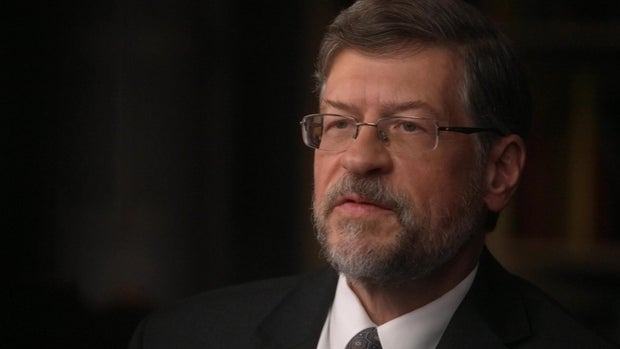 Peter Keisler
60 Minutes
Peter Keisler
60 Minutes
Keisler said that detainees must be given the chance to contest the charges, even if those being deported are terrorists or gang members. He emphasized that there are lawful means to get terrorists out of the country.
"We have a saying in this country. It's deeply embedded in who we are. Everybody deserves their day in court," Keiseler said. "And all of us want to know that if the government acts against us, we will at least have the opportunity to go to a neutral decision-maker, present evidence and legal argument, and make sure that the government stays within its legal bounds."
What happened in the Abrego Garcia case
When more facts were known about the weekend flights, it turned out a Salvadoran man, Kilmar Abrego Garcia, had been deported by mistake.
While people deported in error are normally returned, Reuveni said that in a phone call from a superior, he was ordered to argue that Abrego Garcia was an MS-13 member and a terrorist to prevent his return.
"I respond up the chain of command, no way. That is not correct. That is not factually correct. It is not legally correct. That is, that is a lie. And I cannot sign my name to that brief," Reuveni said.
Reuveni said what was important was not whether or not Abrego Garcia was a member of MS-13 or a terrorist, but whether or not he received due process.
"What's to stop them if they decide they don't like you anymore, to say you're a criminal, you're a member of MS-13, you're a terrorist," Reuveni said. "What's to stop them from sending in some DOJ attorney at the direction of DOJ leadership to delay, to filibuster, and if necessary, to lie? And now that's you gone and your liberties changed."
Reuveni was fired after refusing to sign a brief that called Abrego Garcia a terrorist. In June, he filed a whistleblower complaint with the help of attorneys from the Government Accountability Project.
The state of the Justice Department
Reuveni is not alone in identifying a troubling pattern of behavior at the Department of Justice. Ryan Goodman, a New York University law professor who heads a nonpartisan law journal, "Just Security," said his team has analyzed hundreds of suits filed against the Trump administration. He published his team's study online.
"We found over 35 cases in which the judges have specifically said, what the government is providing me is false information. It might be intentionally false information, including false sworn declarations time and again," Goodman said.
In court records compiled by Goodman, Democratic and Republican appointed judges are critical of the Trump Justice Department's work. One judge described it as "...highly misleading..." Another judge warned that "trust that had been earned over generations has been lost in weeks."
"The one entity, or person, or institution that gets hurt the most is the Justice Department," Goodman said.
 Ryan Goodman
60 Minutes
Ryan Goodman
60 Minutes
60 Minutes requested interviews with Attorney General Pam Bondi, her former deputy Emil Bove, and Drew Ensign, the attorney who said he didn't know when the planes were taking off, according to the court transcript. All declined 60 Minutes' requests.
Bove, who was nominated for a judgeship, was asked in June about Reuveni's claims during a confirmation hearing. He said he'd never advised a Justice Department attorney to violate a court order. Bove said, in part, that Reuveni was in no position to tell his superiors what to do.
"There's a suggestion that a line attorney, not even the head of the Office of Immigration Litigation, was in a position or considered himself to be, to bind the department's leadership and other cabinet officials," Bove said.
Bove was confirmed for the judgeship. And in a statement to 60 Minutes he wrote, "...Mr. Reuveni's claims are a mix of falsehoods and wild distortions of reality …"
Abrego Garcia was returned to the U.S. He's now charged with transporting illegal immigrants. He pleaded not guilty. A judge criticized the Justice Department's "poor attempts" to connect Abrego Garcia to MS-13. He was not charged with terrorism.
The Venezuelans that were sent to El Salvador were later released to their home country. This spring, the Supreme Court agreed, unanimously, that everyone deported under the Alien Enemies Act is entitled to due process.

